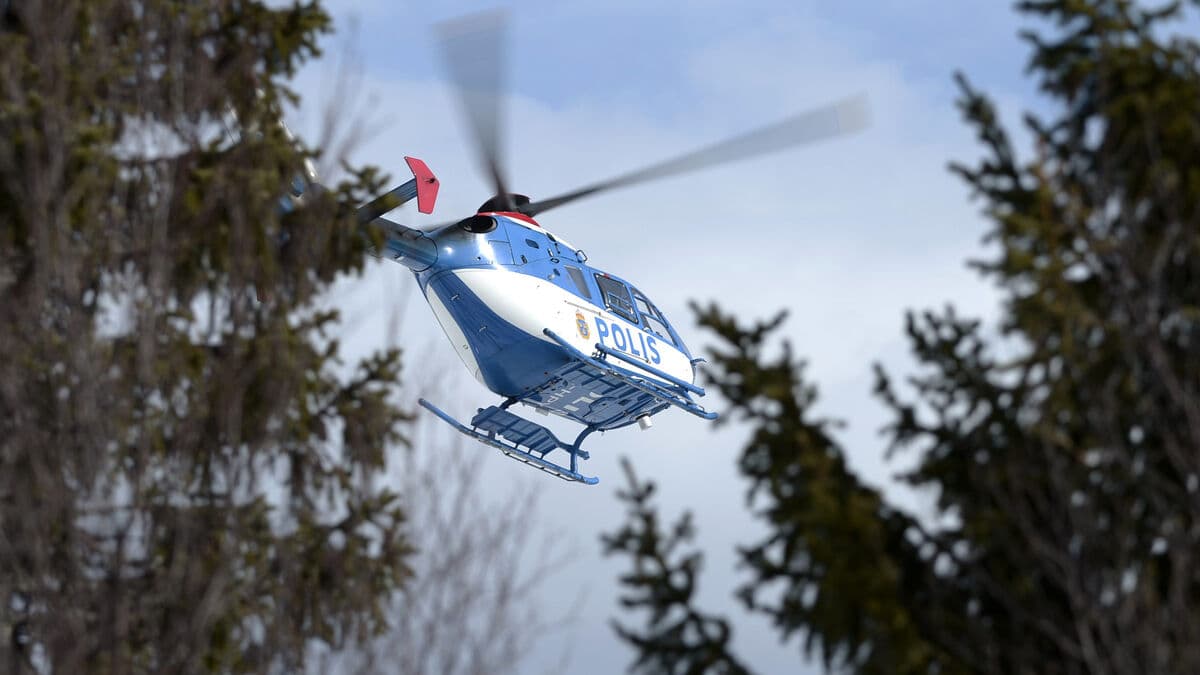There was a record number of accidents involving wild animals on the roads in 2023, and unfortunately, the trend has continued with an increased number of accidents in Sweden in 2024, making 2024 likely to be a new record. Most accidents involve elk, deer, and wild boar.
Obligation to report accidents
If you are involved in an accident with a wild animal, you are required to report the accident by calling 112, regardless of whether you think the animal was injured or not. This applies to the following wild animals: bear, wolf, wolverine, lynx, elk, deer, moose, wild boar, otter, mouflon sheep, and eagle, as well as reindeer.
How to reduce the risk of a wildlife accident
- Keep a safe distance from the vehicle in front of you
- Be aware of wildlife fences, were it starts and ends.
- Drive at a speed that is suitable for the road and weather conditions
- Keep an eye on the entire road area
- Pay attention to wildlife warning signs
- If you see one animal, there are likely to be more
- Check if the reflective posts are flashing or dimming, which may indicate the presence of an animal.
What to do in case of an accident
- Stop the car and turn on the hazard lights
- Call 112 and report the accident
- Think about your own safety
- Place warning triangles 200 meters behind the accident to warn other drivers
- Mark the spot where the animal disappeared with a wildlife ribbon, which can be obtained from the "Älskadefondsföreningen"
- Move the dead animal from the road if possible
- Do not approach predators or wild boar (dangerous for you)
- Do not follow an injured animal
On the road
- Adjust your speed to the road conditions!
- Do not try to swerve for the animal, which can increase the damage. If you cannot brake in time, aim - for the animal's hind legs, which reduces the risk of the animal coming through the windshield
- If you see hazard lights on the road, slow down, as there may be people and animals on the road
Source: Älgskadefondsföreningen






